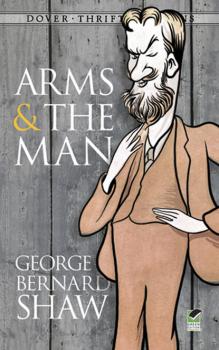ТОП просматриваемых книг сайта:
Dover Thrift Editions
Скачать книги из серии Dover Thrift EditionsАннотация
Информация о книге
Автор произведения Bulfinch Thomas
Жанр Зарубежная классика
Серия Dover Thrift Editions
Аннотация
Информация о книге
Автор произведения Уильям Блейк
Жанр Зарубежные стихи
Серия Dover Thrift Editions
Аннотация
Аннотация
Аннотация
Аннотация
Информация о книге
Автор произведения Sinclair Lewis
Жанр Зарубежная классика
Серия Dover Thrift Editions
Аннотация
Информация о книге
Автор произведения Группа авторов
Жанр Зарубежная классика
Серия Dover Thrift Editions
Аннотация
Информация о книге
Автор произведения John Henry Newman
Жанр Религия: прочее
Серия Dover Thrift Editions
Аннотация
Информация о книге
Автор произведения Генри Джеймс
Жанр Зарубежная классика
Серия Dover Thrift Editions
Аннотация
Информация о книге
Автор произведения Генри Джеймс
Жанр Зарубежная классика
Серия Dover Thrift Editions










